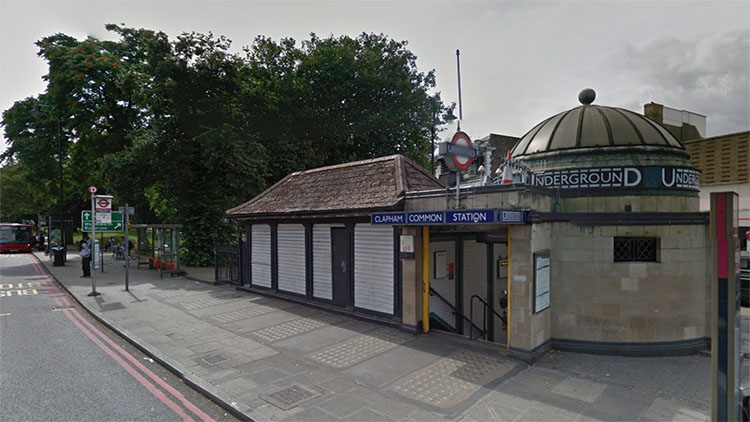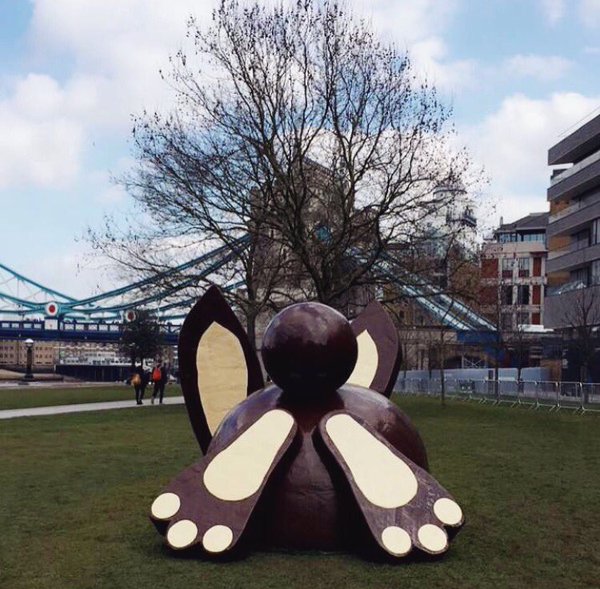
“We are very lucky. We have learned to adapt after the pandemic came and changed working practices,” says Sanjay Sankhalpara, standing in 7 Star Dry Cleaners, a laundrette that has washed, ironed and dry cleaned Camberwell’s clothes for more than 30 years.
Sankhalpara and his parents have run the business since 2007. Before that, it was owned by another family. But change of ownership has not changed the essential character of the laundrette, says Sankhalpara. As he tells it, the business has always tried to remain “familiar” to the community it serves, both pre and post-pandemic.
According to Southwark’s 2011 Community Council profile, roughly a quarter of Camberwell’s 40,835 residents were economically inactive. Sankhalpara says that over the years, he has seen more money coming into the area, as well as more white-collar people. There are also more cafes and more fancy new restaurants.
But the pandemic hit Camberwell, just like everywhere else and its white-collar segment turned to working from home.
The change was very clear in the loads placed in the big machines in 7 Star Dry Cleaners. “Simply by noticing what new pieces were being brought into the laundrette after the pandemic, we could depict how lives in the locality were changing and how our working patterns were about to change too,” says Sankhalpara.
It was of a piece with the change in workwear all around the world during the pandemic.
The classic business suit for men fell off the radar of most popular ítems of clothing, for instance. This year, Britain’s Office for National Statistics (ONS) reported that the formal jacket or blazer had replaced the suit in the typical shopping basket. Sporty, casual clothing brands had their best moment during the pandemic, with Nike being ranked second in The Lyndst Index statistics of the hottest brands of 2021.
Sankhalpara says he has seen this in real time at the laundrette. “Pre-pandemic I would have week-day and week-end customers. They would have lots of suits, ties and formal working clothing. Post pandemic, people are moving towards working from home, using more casual clothing. We don’t get as many ties, suits and dresses brought in anymore. These customers don’t need us that much. That side of business has gone down. But, it does balance itself out now. People are home now and we are getting, it’s funny, we are now getting more laundry, rugs and more of that. Although suits have gone down, all of these more casual things have gone up. We are balancing out nicely.”
There has also been a shift in the request for alterations with people buying more clothes online. “Nowadays, people have a lot of free time, they are working from home and the move towards online shopping is also impacting what we receive. We are doing lots of alterations and size adjustments for customers,” says Sankhalpara. “People are sometimes too lazy to send clothing back to where they originally bought it from, so they just come here and easily fix the size of what they bought online.” This is borne out by ONS data, which reported a rise in online purchases during national lockdowns in 2020 and 2021. Sankhalpara adds that this new side of this business is actually “nice and easy”.
What has been less easy is the need to explain rising dry cleaning and clothes care costs to customers. The rising price of gas, water, electricity and everything else means 7 Star Dry Cleaners too has had to charge more. “At the beginning, just after COVID, we tried not to increase prices that much,” says Sankhalpara. “Initially, for us, when the products were going up we absorbed that, but when we had the utilities go up, we had no choice but to increase prices slightly,” he adds. But he says the business tried to be transparent about what it was doing and why. It also relied on customer loyalty. “We never increased prices heavily, we didn’t want to do things that way,” he says.



